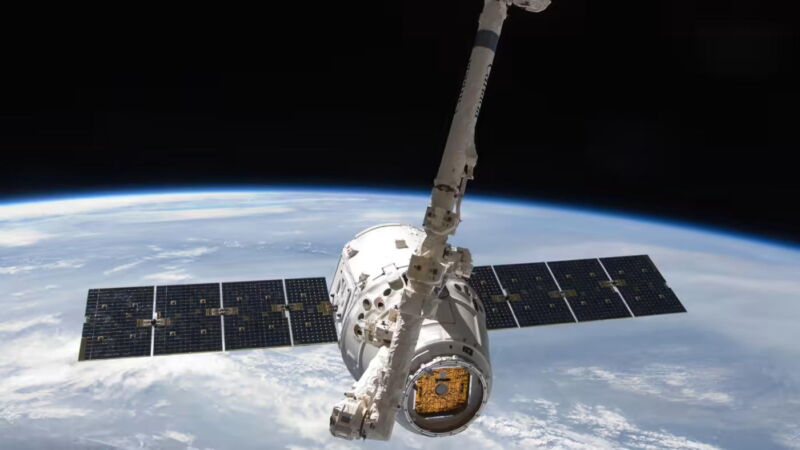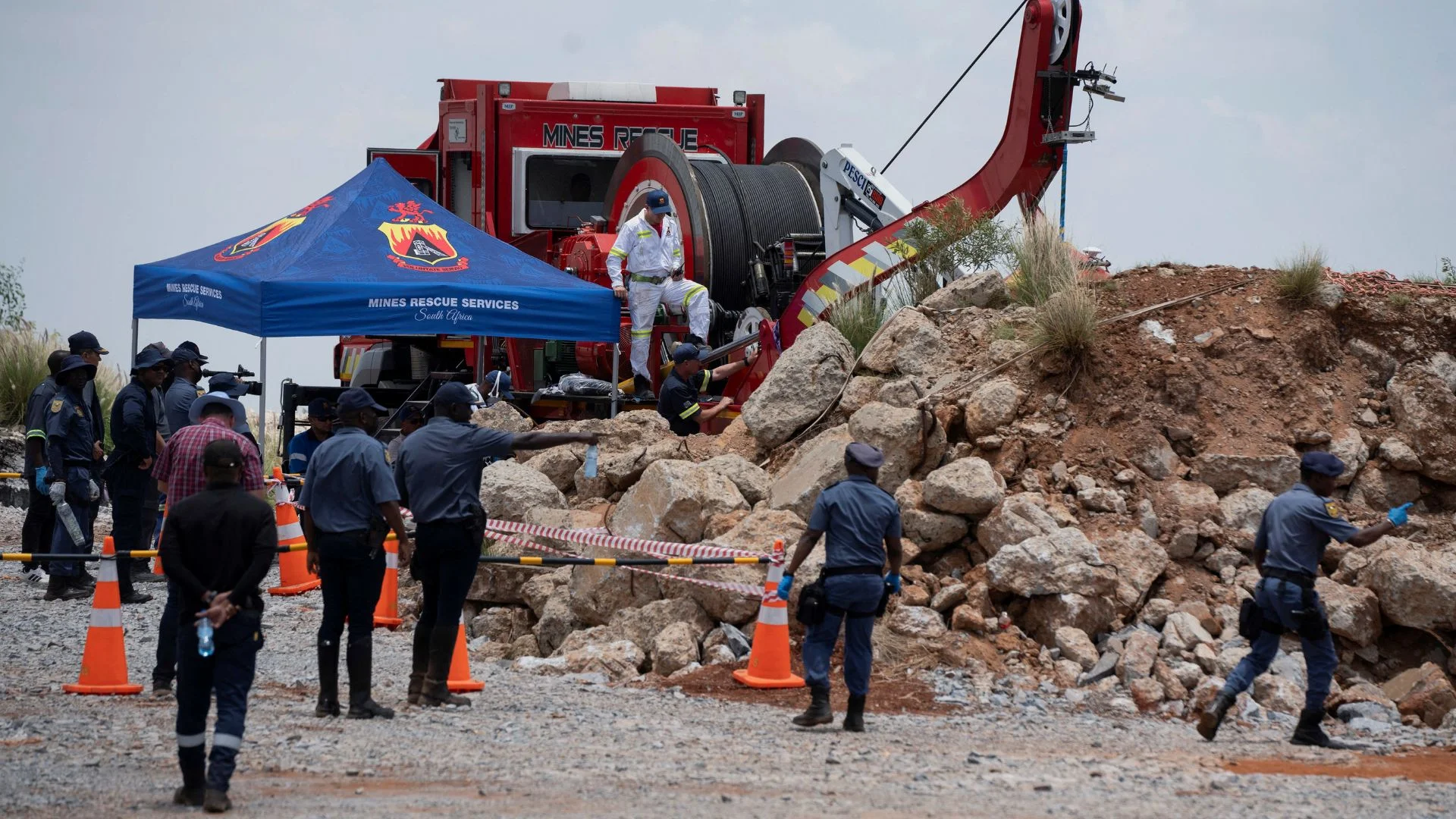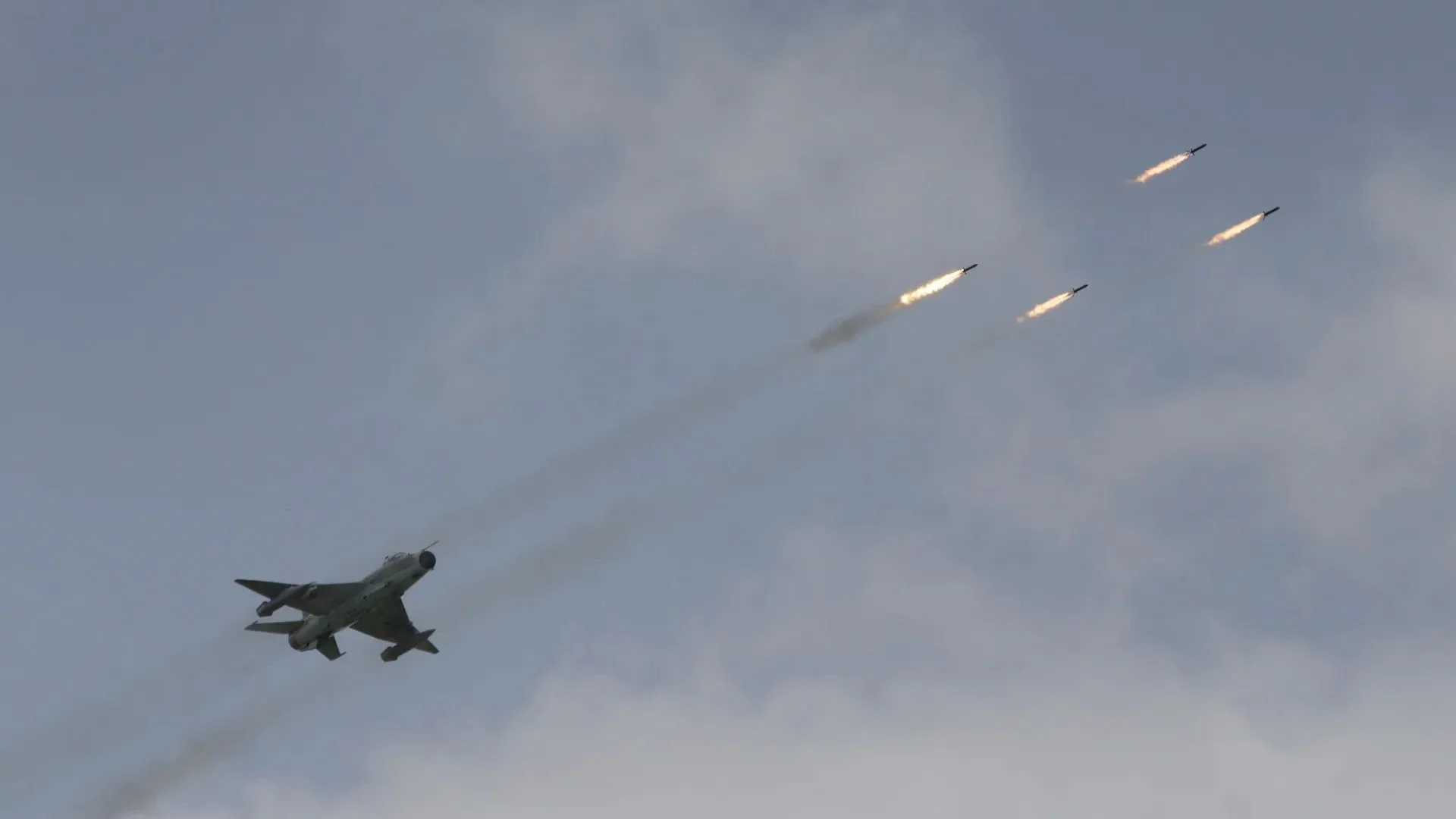The recent leak of Pentagon documents included the suggestion that China is developing sophisticated cyber attacks for the purpose of disrupting military communication satellites.
While this is unconfirmed, it is certainly possible, as many sovereign nations and private companies have considered how to protect from signal interference. Nearly every aspect of our lives is enabled by satellite communication, from financial transactions, navigation, weather prediction, and internet services to more remote locations.
Yet given how many satellites are in orbit, while the effect might be felt on some of the population, if a satellite or two were lost there would not be any major problems. But when we consider the military benefits of satellites, immediate communication is vital for early warning systems and tracking. So how easy would it be to disrupt these services?
China’s Stellar Ascent
The Chinese space program has been advancing at a faster rate than that of any other country. China’s first successful launch was in 1970, but in 1999 its space program leapt forward with the Shenzhou-1 launch which was the first in a series of unmanned, then manned, space missions of increasing sophistication. China conducted just over 200 launches between 2010 and 2019. In 2022, it set a record with 53 rocket launches in a year – with an incredible 100 per cent success rate.
As such, the Chinese National Space Administration (CNSA) has become a major player in global space activity and has a lot of experience with satellite communications. The leaked document suggests that the Chinese are looking for the capability to “seize control of a satellite, rendering it ineffective to support communications, weapons, or intelligence, surveillance, and reconnaissance systems”.
It’s also quite possible that the US and other nations might also be developing such capabilities.Satellites orbit our planet at a range of altitudes. The lowest stable orbits are around 300km, the International Space Station and the Hubble Space Telescope sit at 500km altitude, and geostationary satellites are around 36,000km up (about six times the radius of the Earth).























